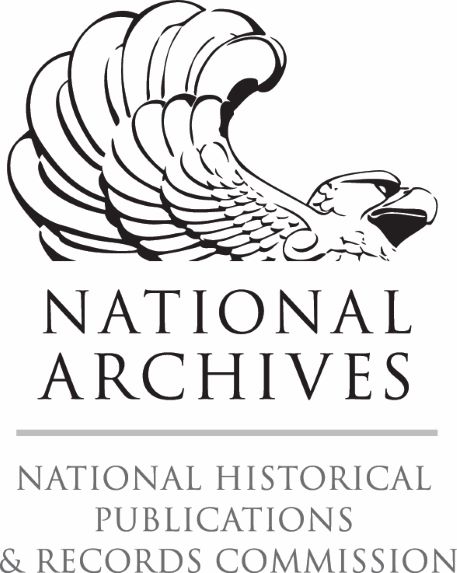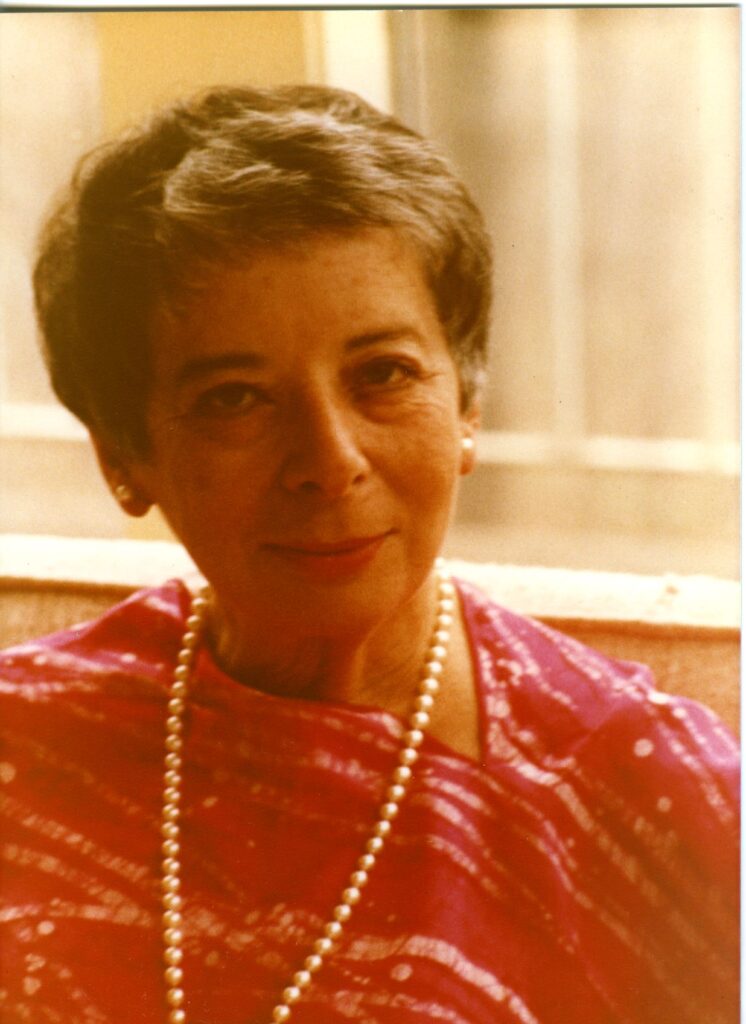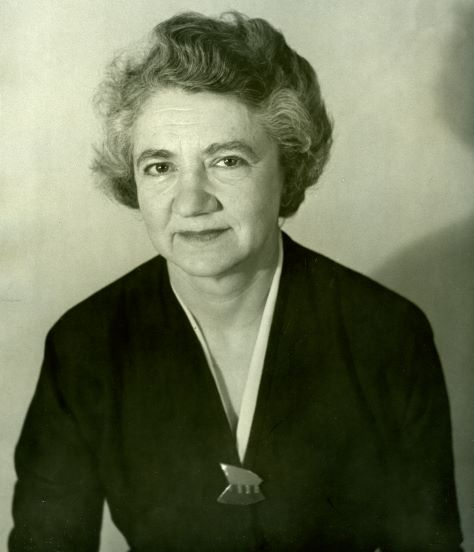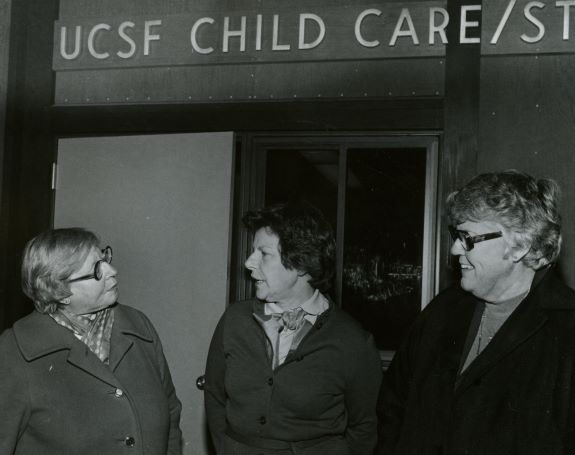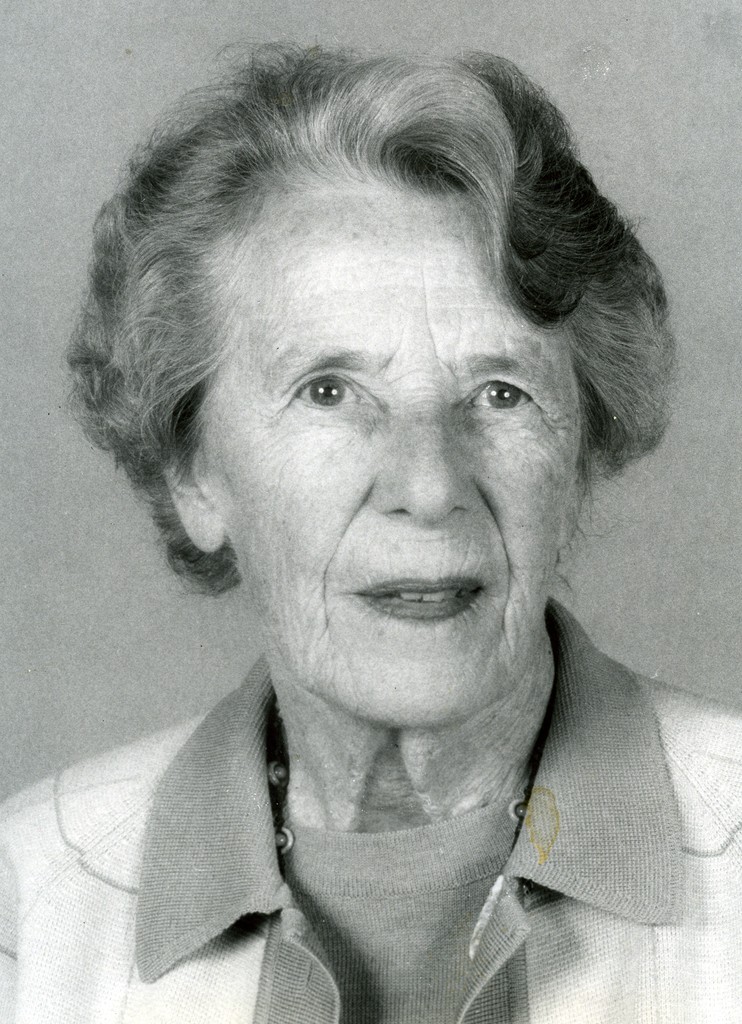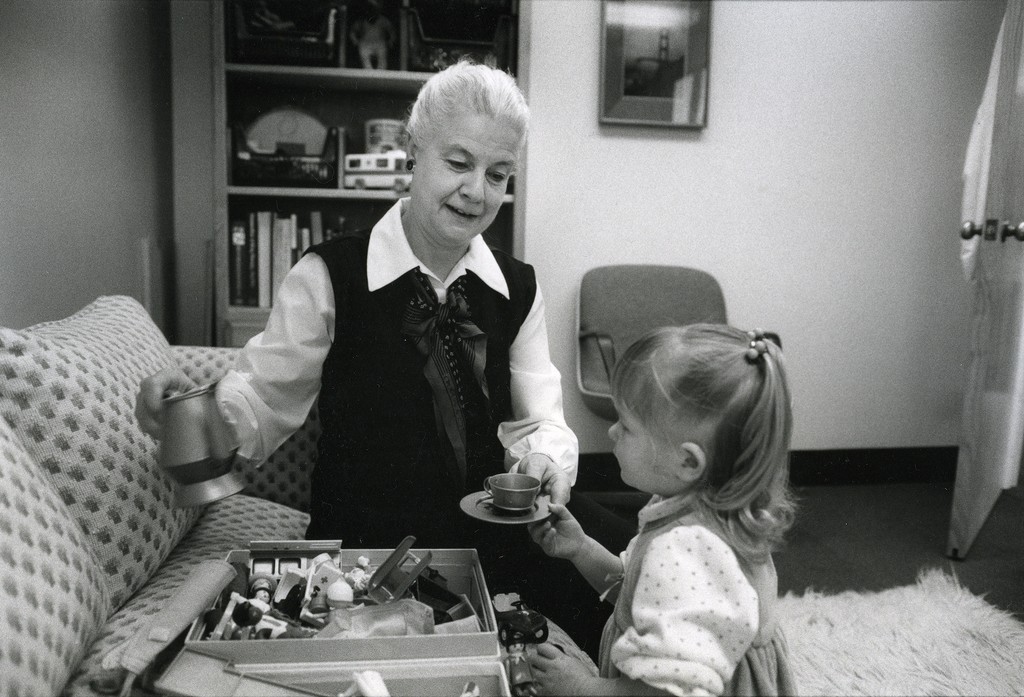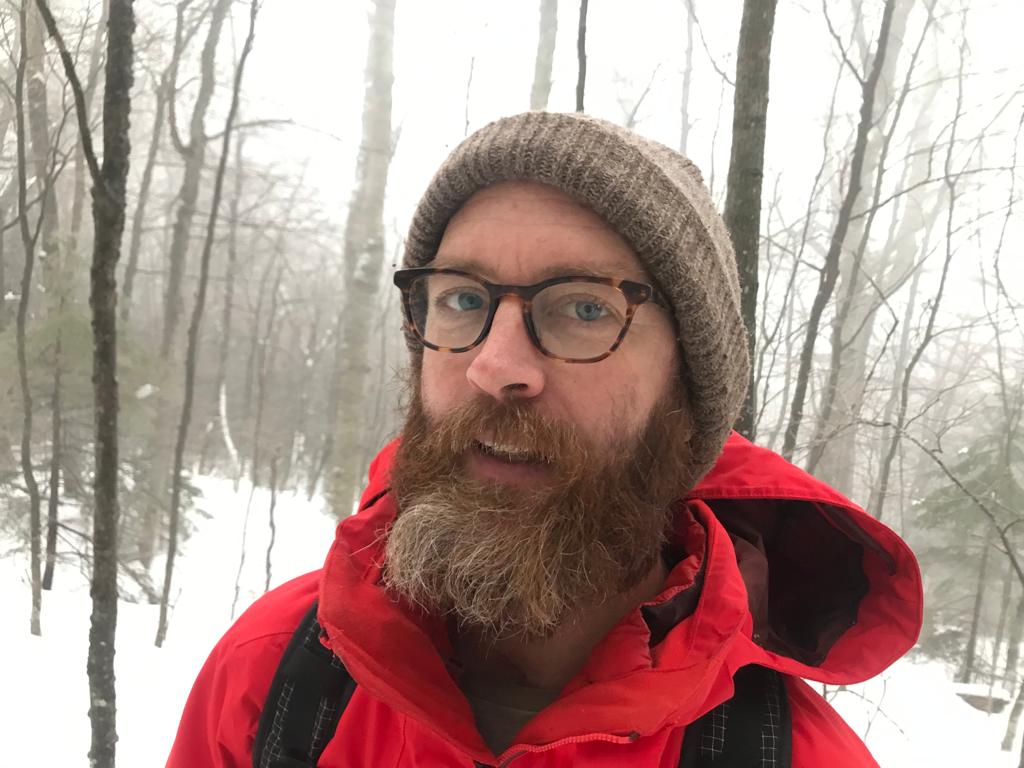UCSF Archives & Special Collections (A&SC) has been awarded a grant from the Alfred P. Sloan Foundation to compile and archive the data products, public websites, social media, and select internal documents of The COVID Tracking Project (CTP). The project was a citizen-science initiative housed by The Atlantic magazine which tracked COVID data from March 7, 2020 to March 7, 2021. It had a tremendous impact on public, media, scientific, and governmental understanding of and response to the pandemic. This $249,866 grant will help preserve the products and culture of a unique organization created in difficult times.
Products produced by the CTP include testing, outcomes, and hospitalization data that was used by thousands of news organizations and millions of individuals to understand the early phases of the pandemic. The project’s Racial Data Tracker and Long-term Care Tracker highlighted the different ways the pandemic was impacting people of color and residents of nursing homes and similar facilities. Funding from the grant will help ensure these critical datasets are preserved in Dryad and immediately available to researchers in public health.
As an organization that existed only online, archiving the project will require new approaches to storing data from tools like Slack, Github issues, and Google drive. Unlike digital files similar to a Microsoft Word document, data in these tools have multiple levels of interface and context that is not easily preserved. The grant will support developing tools for archiving these rapidly-adopted forms of communication, and making them open source for other archiving projects.
Every datapoint collected by the project was the result of multiple discussions, revisions, and public inquiry. Capturing the entire history of say, the total number of tests in California on November 22, 2020 requires reviewing Slack threads, Github issues, emails, spreadsheet revisions, and unique tools built by tracking project members. The grant will help build a “Data Explorer” that pulls all these disparate metadata into a single web interface for researchers to understand the many contexts around every datapoint collected by the project.
“We’re extremely proud to support a digital preservation project capturing a remarkable record of online collaboration that also provides a unique blueprint for future archiving initiatives,” says Joshua Greenberg, director of the Sloan Foundation’s technology program. “The team is doing more than just creating a rich and valuable repository of a historic moment—it is generating novel and much-needed methods of storing information from modern technology platforms, an approach that will become invaluable as online collaborations increasingly become the norm.”
This 12-month project is being launched in January 2022 and will be overseen by an advisory board composed of former project staff and advisors with backgrounds in data science, medicine, history, and epidemiology. A&SC would like to thank Amanda L. French, Ph.D., former Community Lead at the COVID Tracking Project and other supporters for their help with this proposal. Kevin Miller will serve as an archive lead for this grant project
About the Sloan Foundation
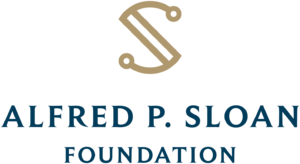
The Alfred P. Sloan Foundation is a not-for-profit, mission-driven grantmaking institution dedicated to improving the welfare of all through the advancement of scientific knowledge. Established in 1934 by Alfred Pritchard Sloan Jr., then-President and Chief Executive Officer of the General Motors Corporation, the Foundation makes grants in four broad areas: direct support of research in science, technology, engineering, mathematics, and economics; initiatives to increase the quality, equity, diversity, and inclusiveness of scientific institutions and the science workforce; projects to develop or leverage technology to empower research; and efforts to enhance and deepen public engagement with science and scientists.
About UCSF Archives & Special Collections
The mission of the UCSF Archives and Special Collections is to identify, collect, organize, interpret, and maintain rare and unique material to support research and teaching of the health sciences and medical humanities and to preserve institutional memory. Please contact Polina Ilieva, Associate University Librarian for Collections with questions about this award.

